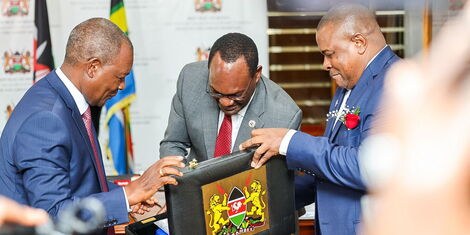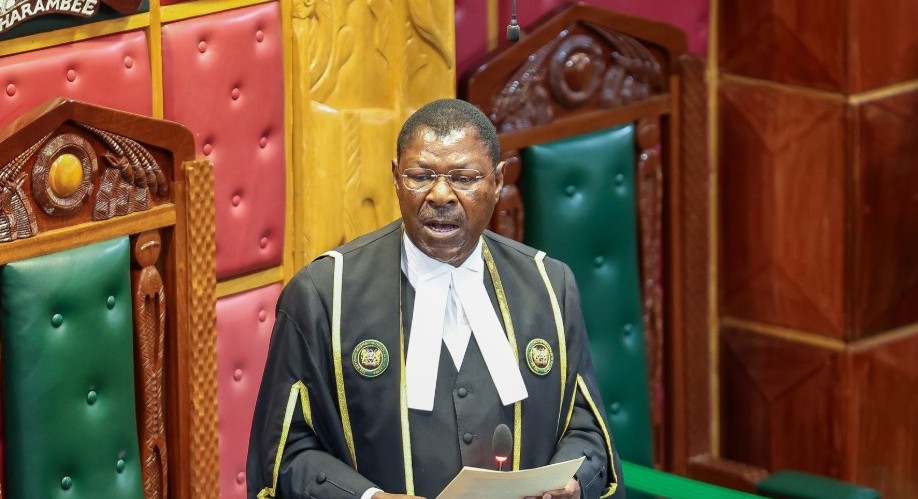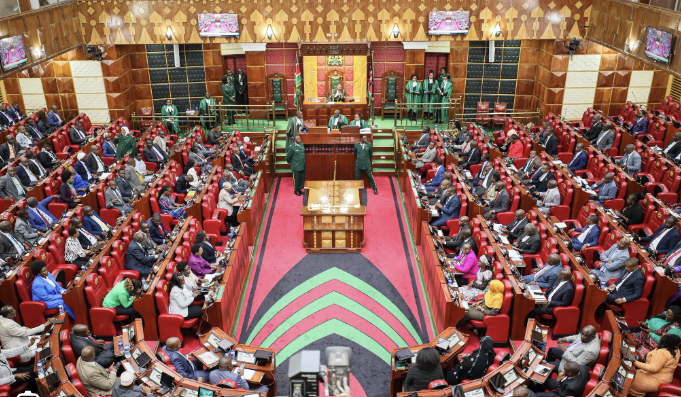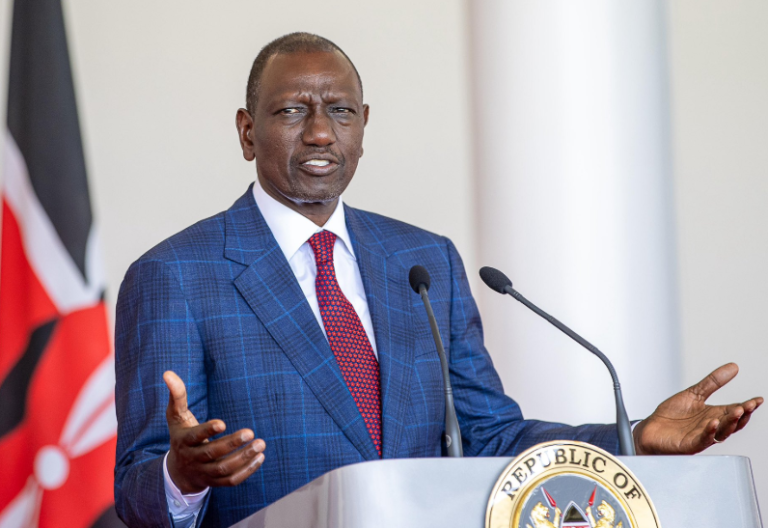
A total of 204 MPs voted in favour of progressing the Bill, 115 voted against it, and abstentions were zero. The Bill will now enters the Second Reading.
The decision follows a contentious vote after the Bill’s First Reading, signalling lawmakers’ intent to move forward amidst mounting opposition from citizens demanding its rejection.
The legislative maneuver, however, does not confer immediate legal status upon the bill. The bill still has two more stages before before becoming law.
It now faces scrutiny in the Committee of the Whole House, where proposed amendments will undergo rigorous evaluation.
Divisions have crystallised along coalition lines, with the Azimio la Umoja One Kenya Coalition vehemently opposing the Bill while the Kenya Kwanza Coalition remains supportive.
Led by Molo MP Kuria Kimani, the National Assembly Finance Committee has proposed some changes aimed at cooling the heavy objections to the bill.
Among the amendments unveiled are adjustments to excise duties on mobile money transfers, reducing them from 20 per cent to 15 per cent, and the elimination of 16 per cent VAT on financial services and foreign exchange transactions, aimed at easing financial burdens on consumers.
In a move to protect local industries, the committee has recommended imposing excise duties on imported onions and potatoes while removing such levies on imported eggs.
Notably, the committee has also scrapped the 16 per cent VAT on bread, although the categorisation of bread under tax schedules remains unresolved.
Furthermore, the committee has proposed repealing the 2.5 per cent motor vehicle tax, citing concerns over its impact on the insurance sector and advocating against its inclusion in Income Tax regulations.
Additionally, small-scale farmers with annual turnovers below Ksh1 million may find relief as they are exempted from mandatory usage of the Electronic Tax Invoice Management System (e-Tims).
The Finance Bill now enters a critical phase where all MPs will have the opportunity to shape its final form through further deliberations and amendments.
A subsequent vote, expected next week, will determine whether the Bill progresses to adoption, thereby enacting it into law effective July 1.
Failure to pass the Finance Bill would precipitate a fiscal crisis. The outcome holds significant implications for Kenya’s national budget and economic policy moving forward.










Leave a Reply